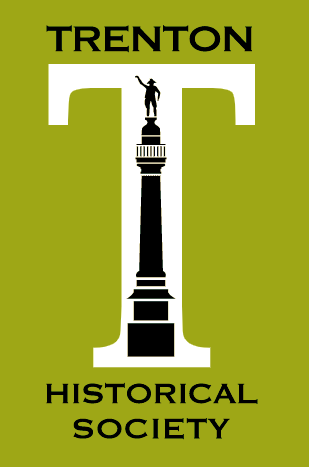July 20, 2022
Dear Fellow Trentonians/New Jerseyans,
It is always disheartening to hear that a public entity has failed the public’s trust. We are living at a moment when faith in many of our nation’s institutions is at an ebb. And now, unfortunately, it appears that Thomas Edison State University, one of New Jersey’s taxpayer-funded institutions of higher learning, may be added to the list.
We learned recently that TESU President Dr. Merodie A. Hancock asked the Board of Trustees to approve the sale of one of the city’s great treasures, N.C. Wyeth’s monumental painting of George Washington’s reception at Trenton on his inaugural journey in 1789. Commissioned in 1930 by Trenton’s First Mechanics National Bank, the mural was painted by Newell Convers Wyeth, the American master illustrator, to grace the wall of the bank’s new headquarter building at 1 West State Street. For the next eighty-three years, the painting hung there as one of the city’s artistic jewels. Every Trentonian, every citizen of New Jersey and every visitor from afar could walk into the grand banking room and view a true American masterwork dedicated to Trenton’s seminal place in American history.
The banking industry is subject to flux and change and bank branches open and close. By 2013, Wells Fargo, which had previously acquired the old bank building at 1 West State Street with its purchase of Wachovia Bank, had sold the building and prepared to move the branch. Although Wells Fargo’s long-term plans precluded the painting remaining in place, the parent company understood that the great mural belonged to the people and the City of Trenton. With that in mind, Wells Fargo generously loaned and then, in 2019, gifted the painting to Thomas Edison State University with the understanding that the educational institution had both the ability to keep the painting in Trenton and to make it readily available to anyone who wished to view it.
Wells Fargo’s gift agreement stipulated that TESU could not sell N.C. Wyeth’s masterwork for a period of three years. Now we learn that TESU has been waiting with bated breath for this period to expire so that it can flog the painting to the highest bidder and shamelessly monetize one of the city’s greatest cultural and historical assets. Hiding behind a deliberately shortsighted interpretation of its own mission statement, the University’s leadership appears disingenuous. While it may well be within TESU’s legal right to sell the painting, choosing that path will break faith with those who worked to secure Wells Fargo’s benevolent gift and, more broadly, with the public and the people of Trenton.
The Trenton Historical Society has worked successfully with TESU in the past on projects that have benefited both organizations and we hope that the University will reconsider this decision, enabling us to partner in future endeavors. However, if the sale does come to pass, we trust that everyone who learns of it will think twice before again placing trust in an institution with a record of such duplicity.
Board of Trustees
Trenton Historical Society
